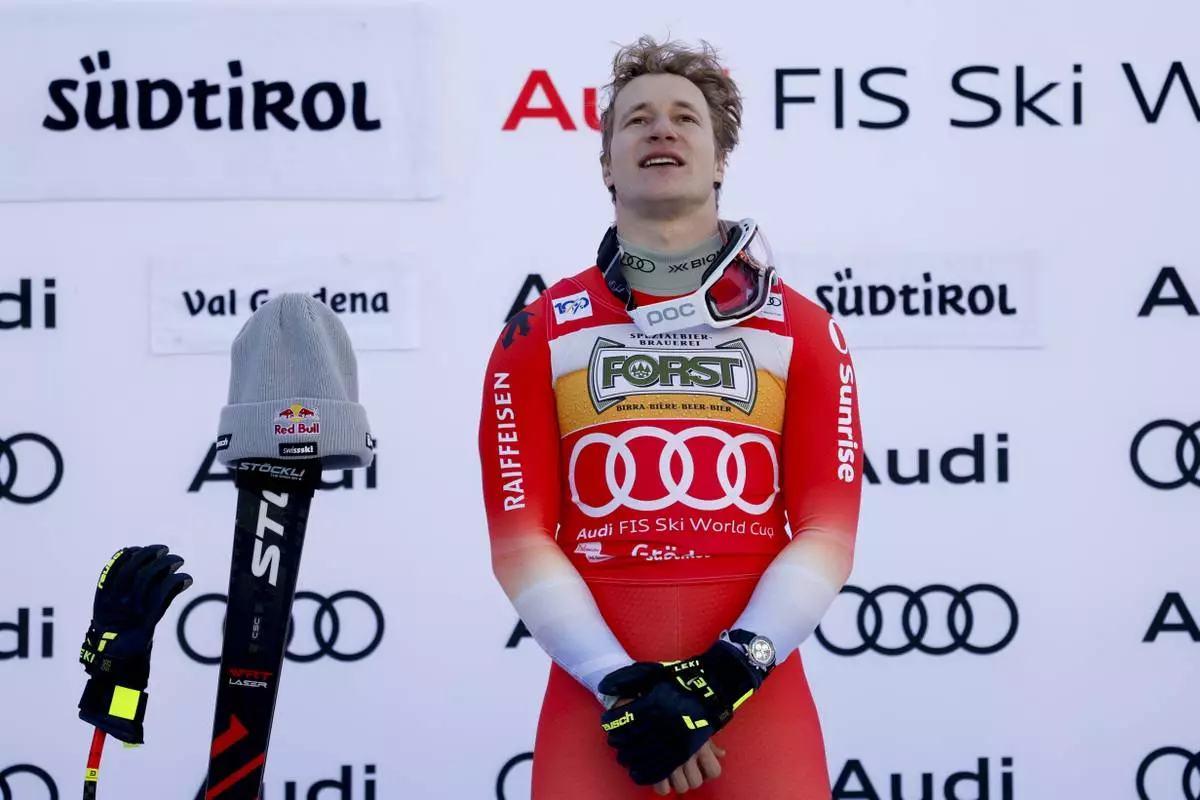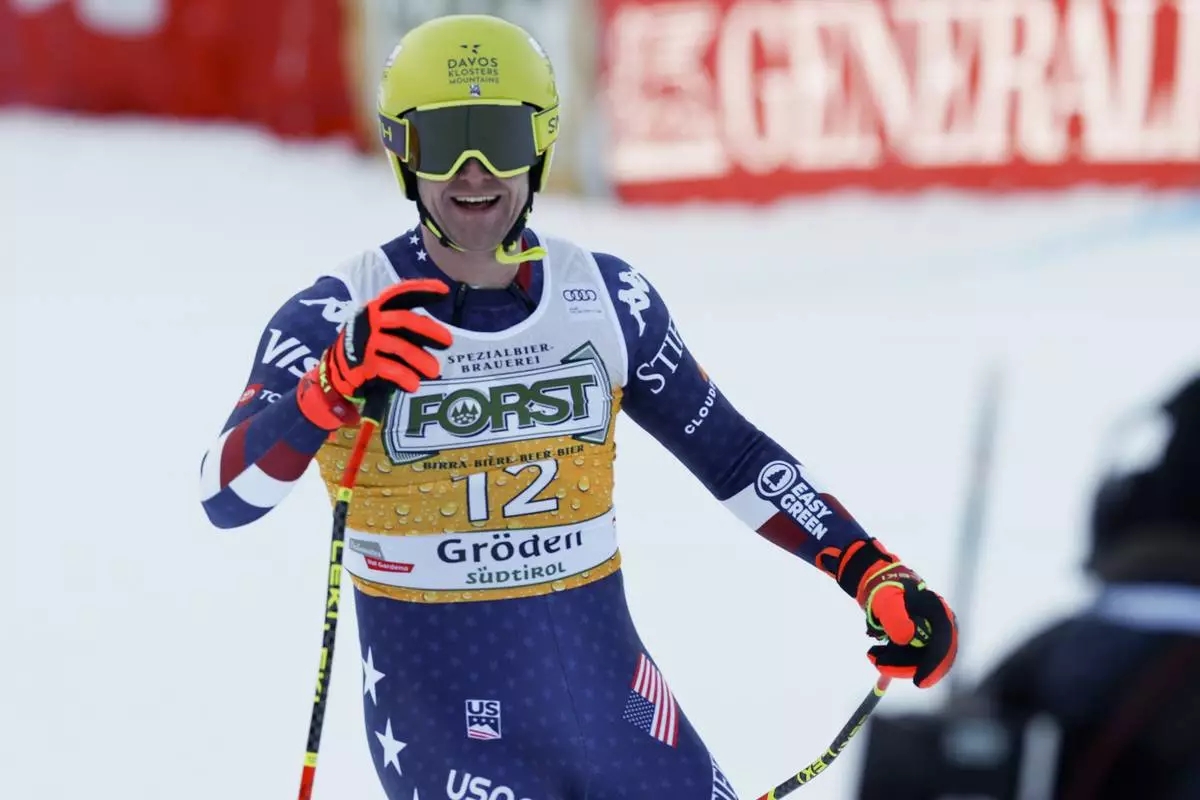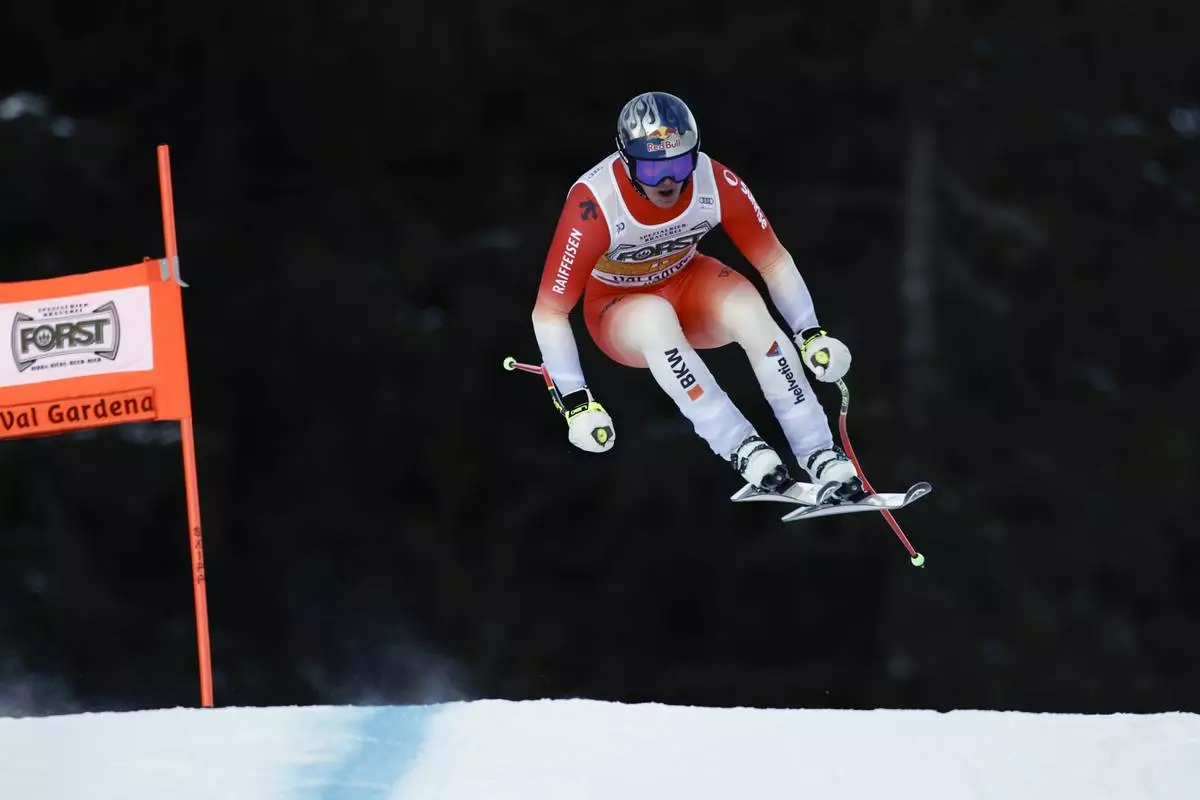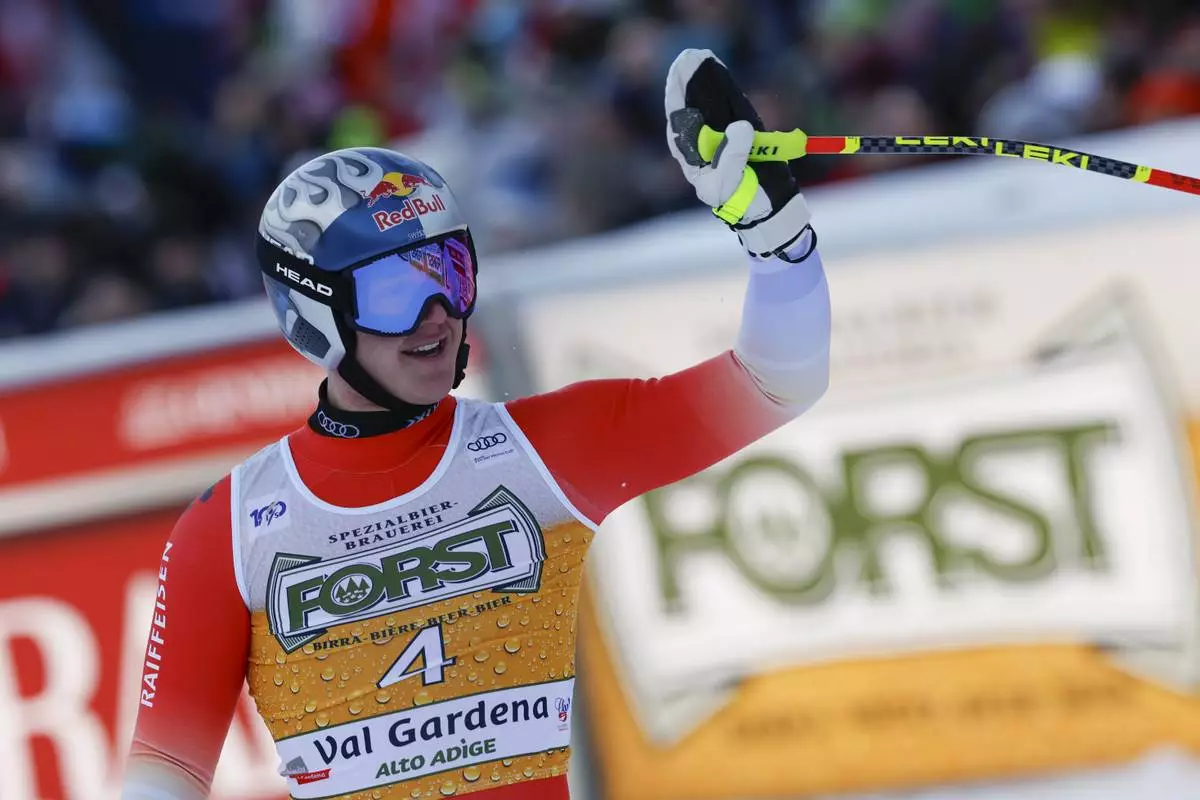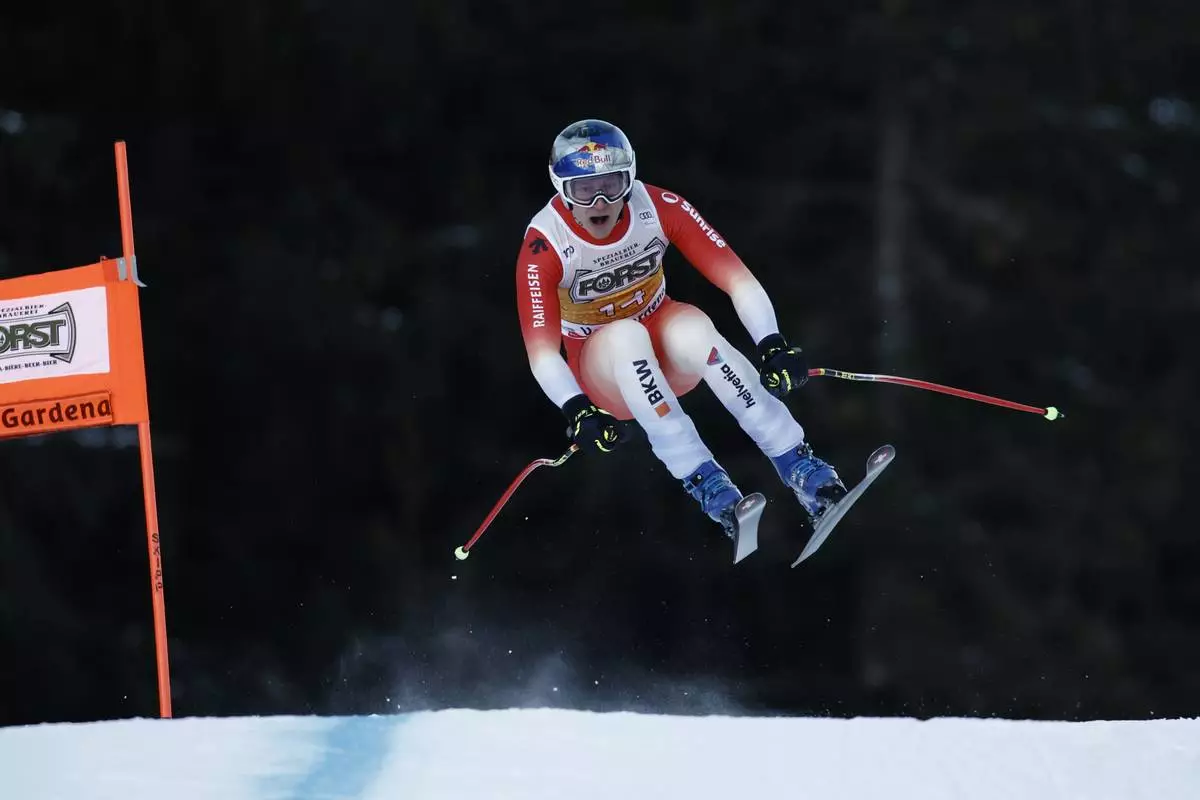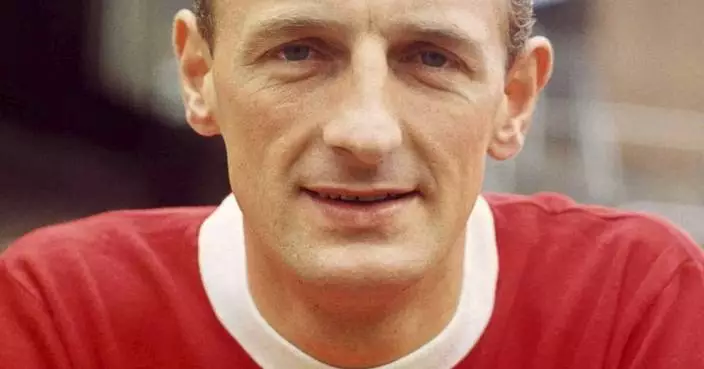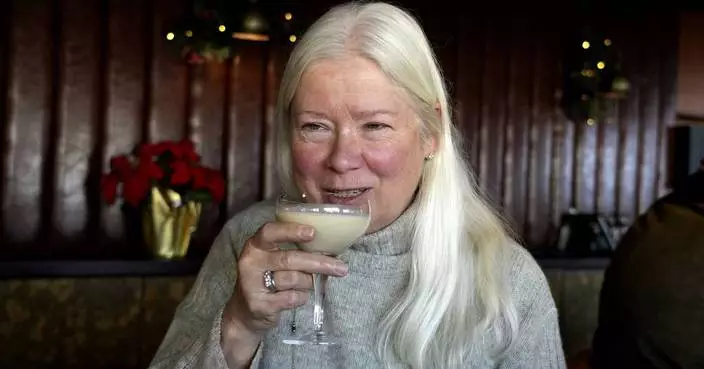PRAGUE (AP) — The head of NATO's military committee said Saturday that Ukraine has the solid legal and military right to strike deep inside Russia to gain combat advantage — reflecting the beliefs of a number of U.S. allies — even as the Biden administration balks at allowing Kyiv to do so using American-made weapons.
“Every nation that is attacked has the right to defend itself. And that right doesn’t stop at the border of your own nation,” said Adm. Rob Bauer, speaking at the close of the committee's annual meeting, also attended by U.S. Gen. CQ Brown, chairman of the Joint Chiefs of Staff.
Bauer, of Netherlands, also added that nations have the sovereign right to put limits on the weapons they send to Ukraine. But, standing next to him at a press briefing, Lt. Gen. Karel Řehka, chief of the General Staff of the Czech Armed Forces, made it clear his nation places no such weapons restrictions on Kyiv.
“We believe that the Ukrainians should decide themselves how to use it,” Řehka said.
Their comments came as U.S. President Joe Biden is weighing whether to allow Ukraine to use American-provided long-range weapons to hit deep into Russia. And they hint at the divisions over the issue.
Biden met with British Prime Minister Keir Starmer on Friday, after this week’s visit to Kyiv by their top diplomats, who came under fresh pressure to loosen weapons restrictions. U.S. officials familiar with discussions said they believed Starmer was seeking Biden’s approval to allow Ukraine to use British Storm Shadow missiles for expanded strikes in Russia.
Biden’s approval may be needed because Storm Shadow components are made in the U.S. The officials, who spoke on condition of anonymity to share the status of private conversations, said they believed Biden would be amenable, but there has been no decision announced yet.
Providing additional support and training for Ukraine was a key topic at the NATO chiefs’ meeting, but it wasn't clear Saturday if the debate over the U.S. restrictions was discussed.
Many of the European nations have been vigorously supportive of Ukraine in part because they worry about being the next victim of an empowered Russia.
At the opening of the meeting, Czech Republic President Petr Pavel broadly urged the military chiefs gathered in the room to be ”bold and open in articulating your assessments and recommendations. The rounder and the softer they are, the less they will be understood by the political level.”
The allies, he said, must “take the right steps and the right decisions to protect our countries and our way of life.”
The military leaders routinely develop plans and recommendations that are then sent to the civilian NATO defense secretaries for discussion and then on to the nations' leaders in the alliance.
The U.S. allows Ukraine to use American-provided weapons in cross-border strikes to counter attacks by Russian forces. But it doesn’t allow Kyiv to fire long-range missiles, such as the ATACMS, deep into Russia. The U.S. has argued that Ukraine has drones that can strike far and should use ATACMS judiciously because they only have a limited number.
Ukraine has increased its pleas with Washington to lift the restrictions, particularly as winter looms and Kyiv worries about Russian gains during the colder months.
“You want to weaken the enemy that attacks you in order to not only fight the arrows that come your way, but also attack the archer that is, as we see, very often operating from Russia proper into Ukraine,” said Bauer. “So militarily, there’s a good reason to do that, to weaken the enemy, to weaken its logistic lines, fuel, ammunition that comes to the front. That is what you want to stop, if at all possible.”
Brown, for his part, told reporters traveling with him to the meeting that the U.S. policy on long-range weapons remains in place.
But, he added, “by the same token, what we want to do is — regardless of that policy — we want to continue to make Ukraine successful with the capabilities that have been provided” by the U.S. and other nations in the coalition, as well as the weapons Kyiv has been able to build itself.
“They’ve proven themselves fairly effective in building out uncrewed aerial vehicles, in building out drones,” Brown told reporters traveling with him to meetings in Europe.
Defense Secretary Lloyd Austin has made similar points, arguing that one weapons system won't determine success in the war.
“There are a number of things that go into the overall equation as to whether or not you know you want to provide one capability or another," Austin said Friday. “There is no silver bullet when it comes to things like this.”
He also noted that Ukraine has already been able to strike inside Russia with its own internally produced systems, including drones.
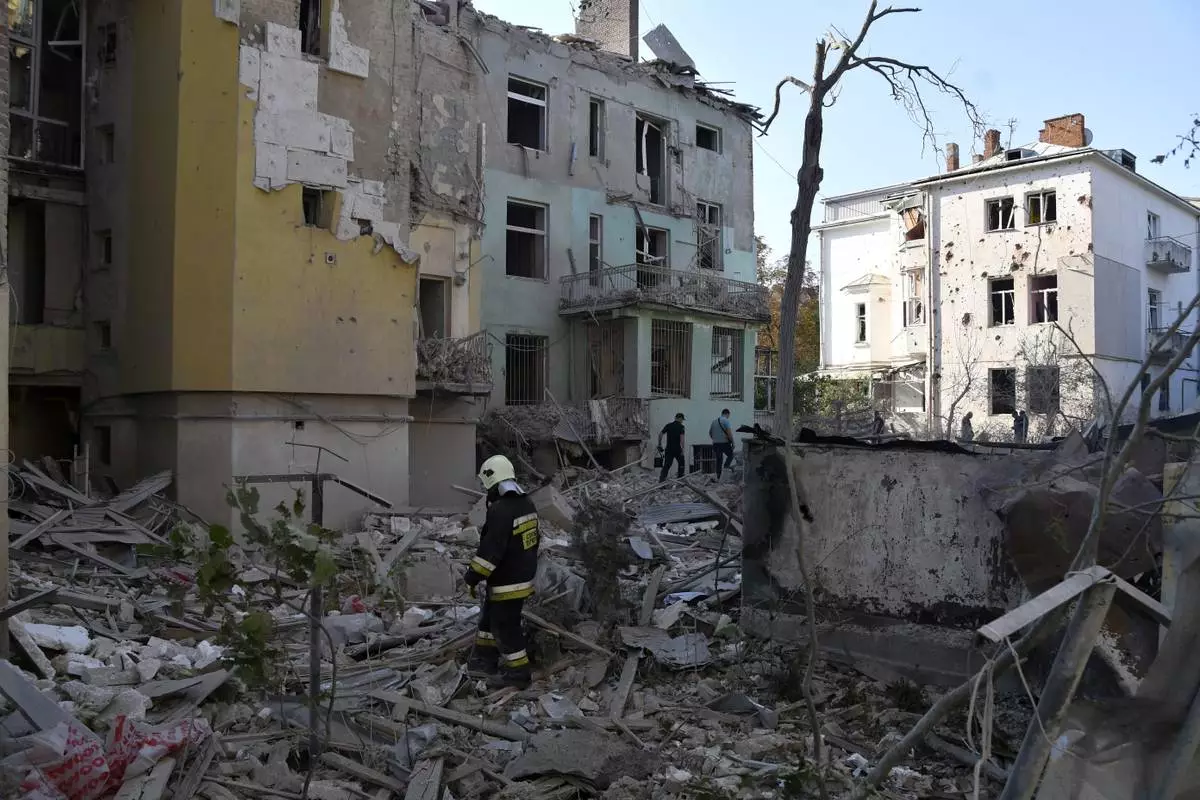
FILE - Rescuers search for victims in an apartment building destroyed by Russian missile attack in centre Lviv, Western Ukraine, Sept. 4, 2024. (AP Photo/Mykola Tys, File)
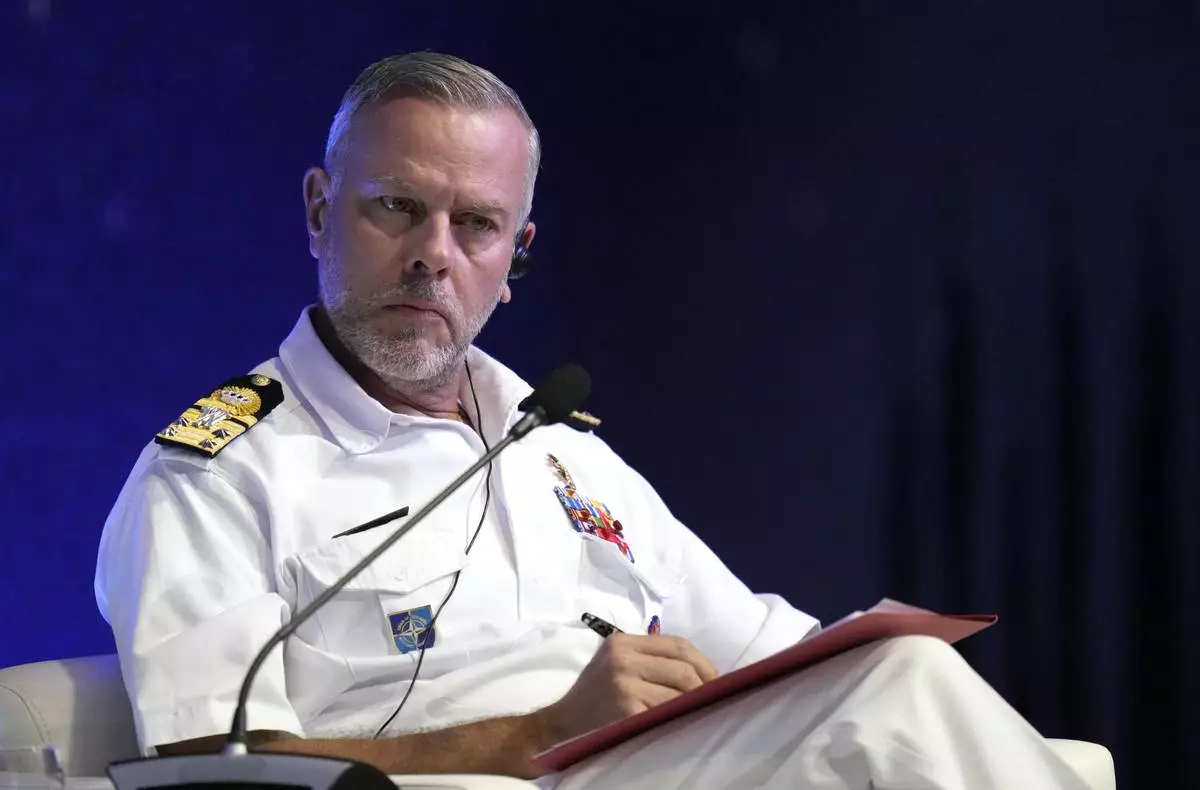
FILE - NATO's Chair of the Military Committee Admiral Rob Bauer listens during the plenary session of the Seoul Defense Dialogue in Seoul, South Korea, Sept. 11, 2024. (AP Photo/Lee Jin-man, File)



